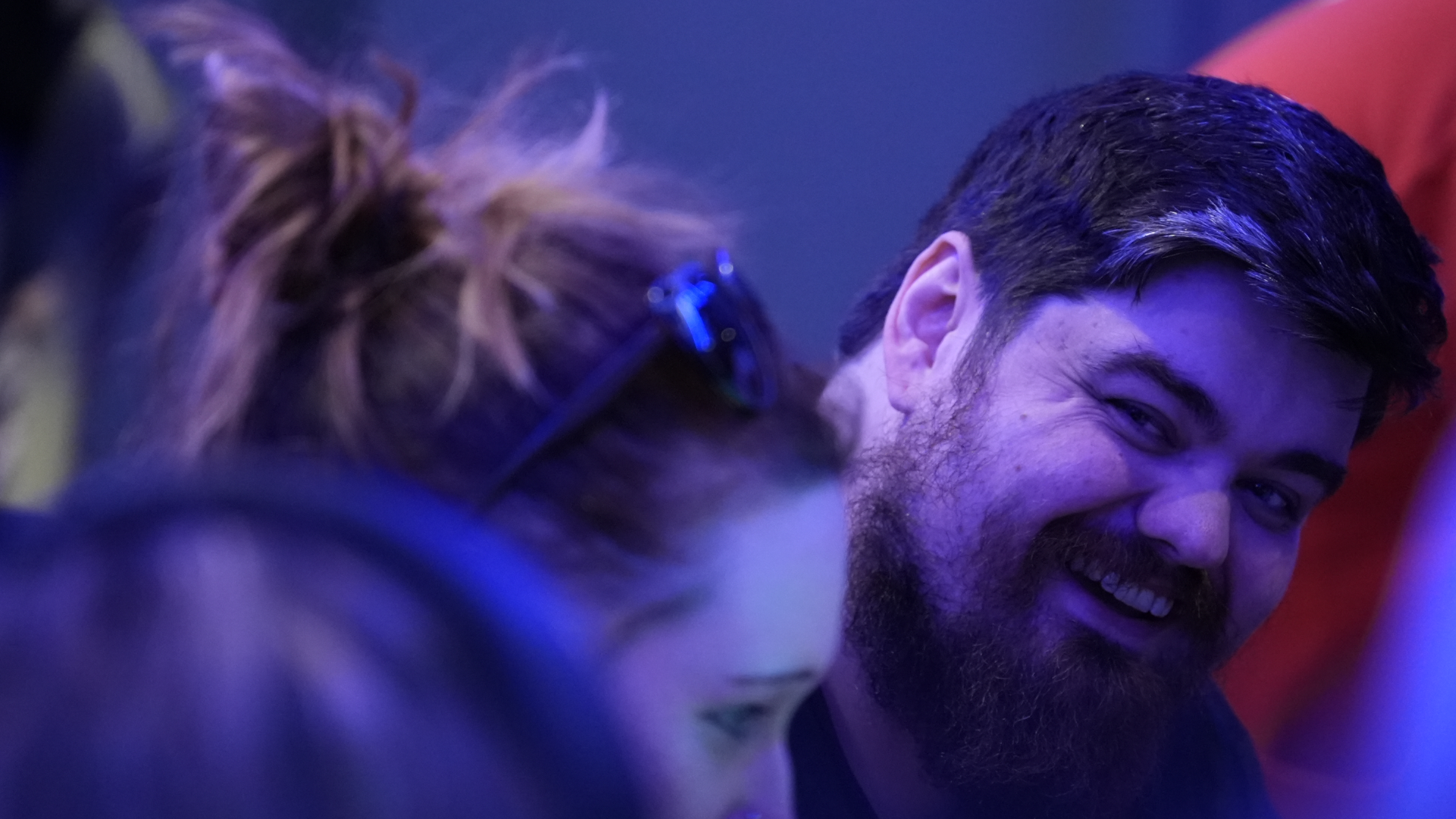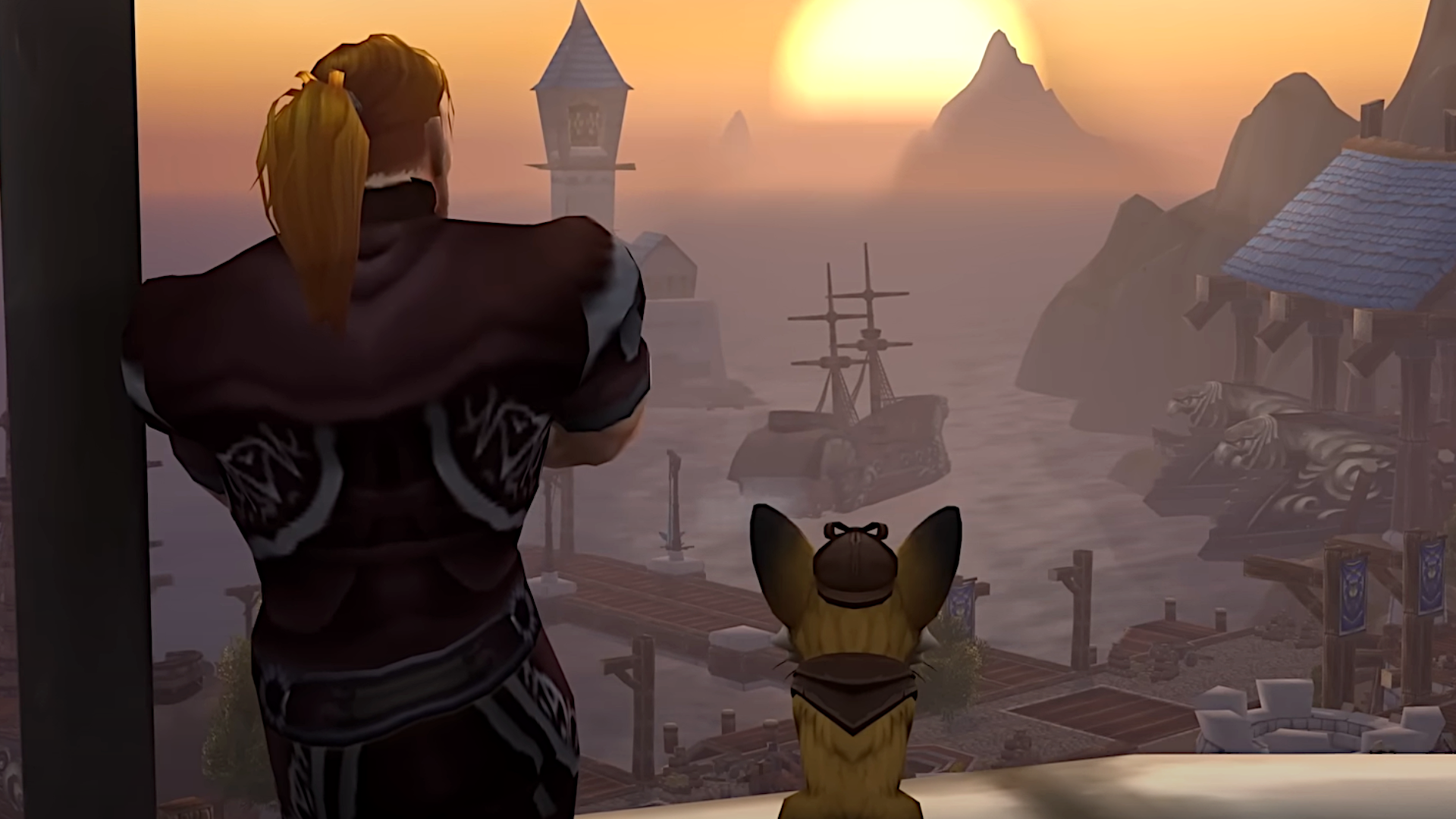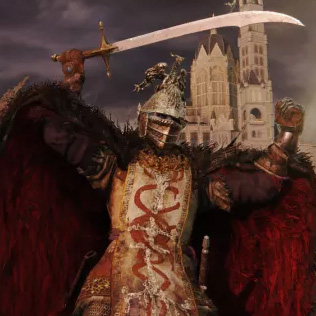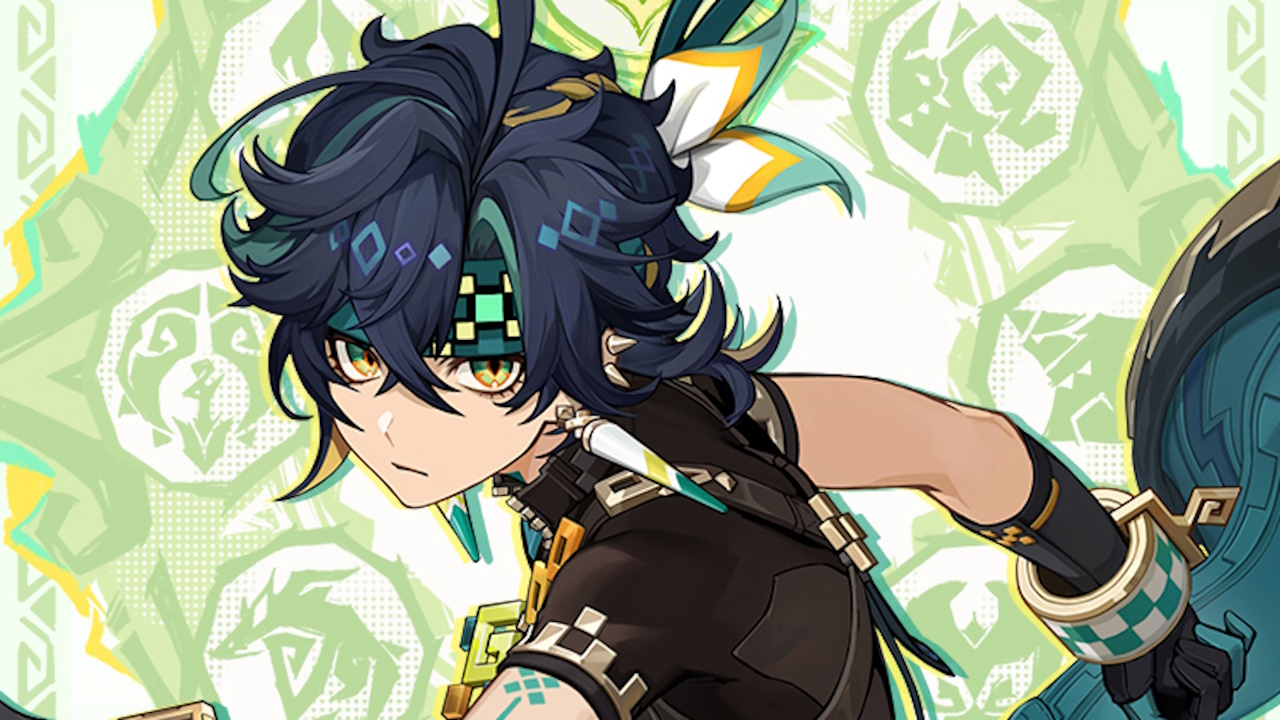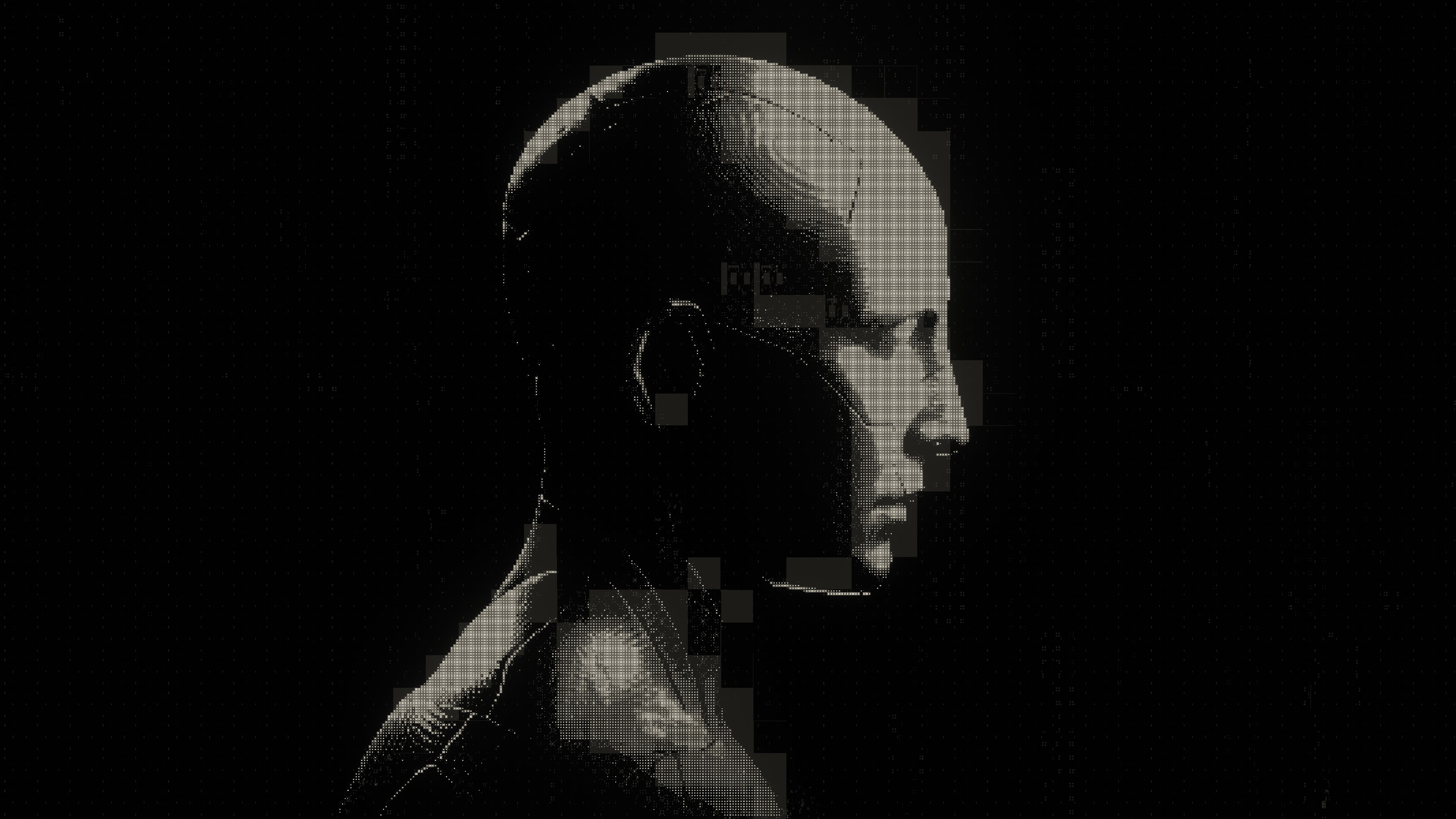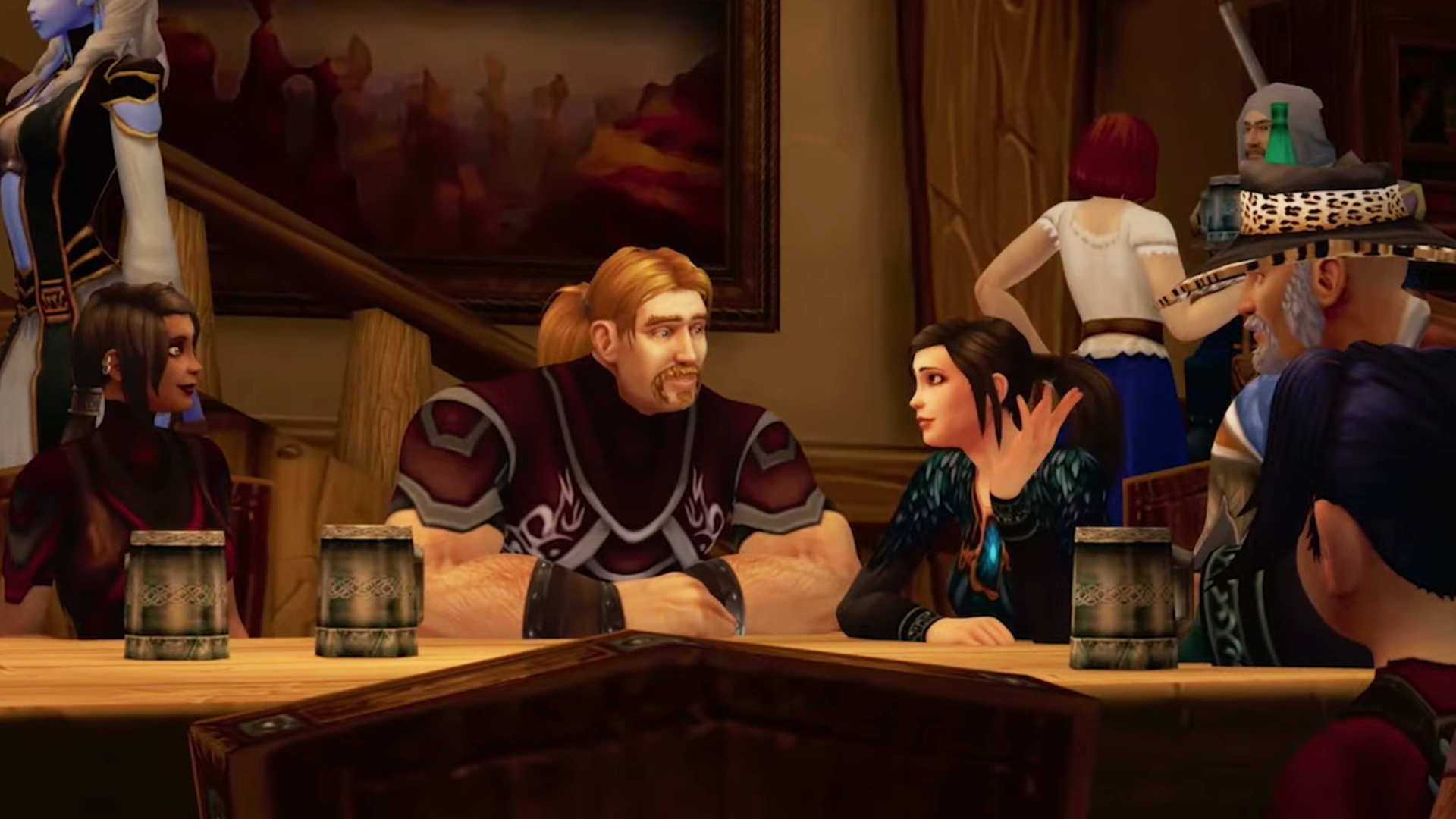
Game On.
I had the pleasure of attending a Netflix event around the WoW documentary The Remarkable Life of Ibelin last year—one that was attended by folks from Muscular Dystrophy UK, a charity that helps fund research into the kinds of muscle-wasting conditions that impact not just Ibelin’s late player, Mats Steen, but many disabled gamers the world over.
Steen’s journey, as told through the documentary, has already helped raise $2 million in conjunction with Blizzard. But it’s also inspired Muscular Dystrophy UK to walk a similar path, using videogames as a means to not only raise money for those with muscle wasting conditions, but also empower them to take part in the fundraising themselves.
I sat down with Liam Quinn, corporate partnerships officer at Muscular Dystrophy UK, who I met at that initial event. Quinn has Spinal Muscular Atrophy (SMA) type three—but he’s also a World of Warcraft player, who met his wife Ana after flaming someone during a dungeon queue like a proper MMO patriot. As he told me last year: “Ana was tanking, so I was like, ‘would you like to stay in the group and we can carry on going?'” And the rest is history.
That entire experience—the documentary and the event, not the terrible dungeon run—was transformative for Quinn’s efforts to help bring the community of videogames to more people with conditions like his: “The plan was to try and do something in person that could bring our community of people living with muscle weakening and wasting conditions together over this sort of shared hobby. Which obviously the Life of Ibelin shone a spotlight on.”
However, the documentary changed things: “I think it was eye opening for a lot of our community. I don’t want to speak for everybody, but maybe some didn’t realize that everyone was playing games, and everyone was enjoying them for the same reasons. It was a very shared experience among the community.”
Through Ibelin, Mats Steen was able to live a rich and transformed life—and for Quinn, who similarly found his wife playing videogames, that resonated with him. Still, he laments that not a lot of people with muscle wasting conditions (and other disabilities, too) are able to find community in online spaces. Similar to Steen, who struggled to tell his guild he had Duchenne’s, Quinn had a moment where he briefly considered hiding the truth from Ana.
“I think it’s hard to reach out and find a community that has that shared experience. And I think part of what we want to achieve with Game On at MDUK, is to signpost that community. So they don’t have to think: Do I reveal this to my close peers? … You can know that this community is out there and existing.
“It shouldn’t be on people in our community to constantly have to chase that themselves. That’s where we come in. And hopefully we can facilitate that for them by providing the platform of Game On, definitely.”
Game On
Game On is, simply put, an initiative built to help enable fundraisers and foster online community spaces for those with muscular dystrophy conditions to support each other. Getting in touch with Muscular Dystrophy UK will let them set you up to help do a fundraiser either on your channel, or theirs. Their first proper event, which took place at Play New Meta in Islington, was a great proof of concept for the whole endeavour.
“There were a few cancellations—there were some weather and cancellations—but it didn’t matter,” he explains, saying that they still managed to get over a hundred people watching the livestream alone. Maybe a humble number by internet streamer superstar standards, but when it comes to any fundraiser, especially one angled to fostering a community? It’s a great start.
Quinn is glad that those cancellations were able to attend digitally, since mobility is naturally an issue for people like him—and with the internet’s instant connectivity, it’s something gaming uniquely can provide: “Someone’s capacity to involve themselves might be greatly improved by their ability to be within their home comforts and in a setting that they’re familiar with, and doing something that is an enjoyment and a hobby for them.”
Quinn brings up Stephen Wallace as a great example of someone whose gaming efforts have helped the charity before. Wallace, also known as 06wallst on Twitch, “had a close friend who had the condition, and he’s now used the platform of Game On via his platform on Twitch”.
Wallace alone has raised over £2,500 for the charity while working with them. “In terms of what an individual can do with Game On to amplify awareness … Yeah, it’s a standout for me.”
Showing the way
In terms of other things people can do to help, Quinn says the biggest hurdle by far is letting folks know these spaces and communities exist for them. “It really is to signpost it,” he says, “and highlight that it’s a possibility, that it’s there for them … if they don’t know it’s there, they can’t take part in it.”
There’s making sure you’re listening to each individual person’s own access means, Quinn says, but it really does come down to making sure you “invite people, reach out, and extend that olive branch.”
As for the future of Game On, while there’s not an event lined up just yet, Quin’ll be at TwitchCon in Rotterdam later this month with “tote bags, goodies, and there for a chat with anybody who may have a friend with the condition … we’ll be around, we’ll be live-streaming as much as we can on the MDUK Twitch page.” Quinn says they’re also planning to launch a podcast around a week before TwitchCon.
“Anyone can get involved,” Quinn emphasises. “Anyone who wants to raise money by holding a monopoly night, a chess tournament at a local, if they want to stream on their Twitch page and play World of Tanks or do a run-through of FF7, whatever they want to do, sign up for Game On and we can support you.”
As for what Quinn wants out of the endeavour, “All I can do is hope that they get any percentage of the satisfaction that I’ve had from what games have given me, and the enjoyment that I’ve had and the life I’ve created for myself from them … any amount of that other people are able to experience, I think, would be a success.” You can sign up for Game On here.
Best MMOs: Most massive
Best strategy games: Number crunching
Best open world games: Unlimited exploration
Best survival games: Live craft love
Best horror games: Fight or flight

